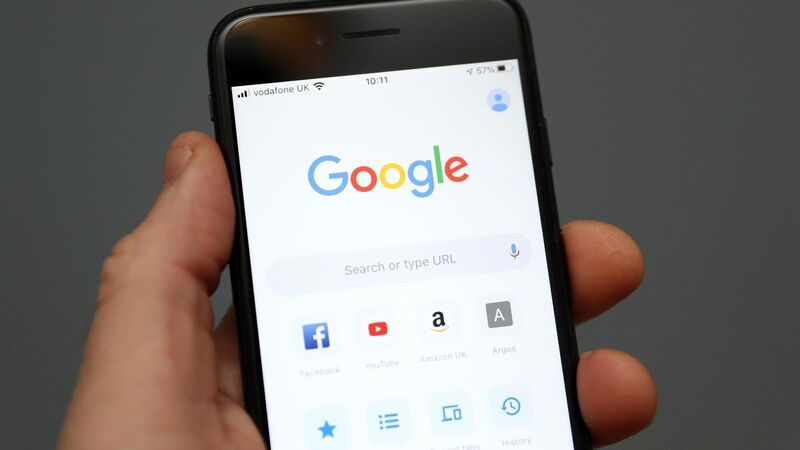'Digital age of consent is not working' says report

Data gathered from 3,764 children aged 8 - 12 found that 93% of pre-teens own a smart device. File picture: Andrew Matthews/PA Wire
Parents need to smarten up over their children's access to online games and platforms, with a new report showing a third of children aged 8-12 had been upset or scared by something they had seen online, with many then keeping it a secret.
The 2019 annual report from CybersafeIreland also shows that 31% of children have gamed online with people they do not know and 30% of children have friends or followers on social media platforms who are strangers.










